STUDENT STUDENT DATA DATA PRIVACY PRIVACY
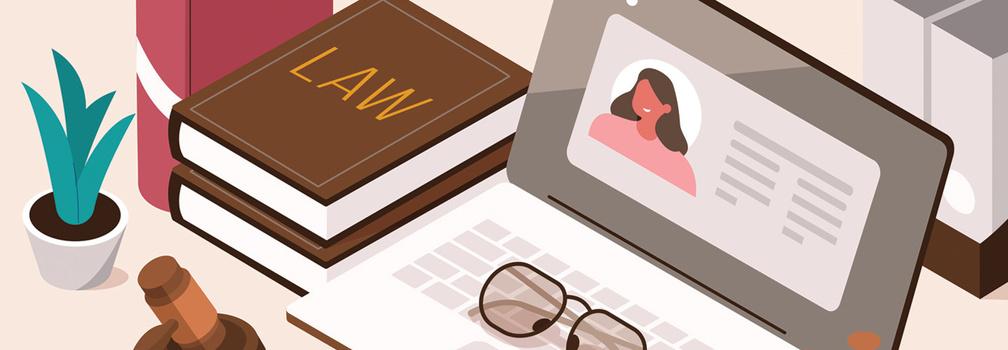
WHAT IS WHAT IS STUDENT STUDENT DATA DATA PRIVACY? PRIVACY?
Student data privacy includes the conscientious, ethical, and fair gathering, utilization, sharing, and safeguarding of student data.


Student data privacy includes the conscientious, ethical, and fair gathering, utilization, sharing, and safeguarding of student data.
Protecting student data privacy is a crucial to a safe, comfortable, and protected learning environment. Student data contains sensitive information that when not properly protected can lead to breaches of confidentiality.
Leakage of these personal records can put students at risks like fraud, identity theft, or discrimination.

Protecting student data privacy fosters a healthy relationship between school systems and students, families, and the community. This sense of trust has a direct impact on student sucess, effective communication, and an overall positive learning experience.
FERPA: FAMILY EDUCATIONAL RIGHTS AND PRIVACY ACT
1
2
PPRA: PROTECTION OF PUPIL RIGHTS AMENDMENT
COPPA: CHILDREN’S ONLINE PRIVACY PROTECTION ACT
3
4
CIPA: CHILDREN’S INTERNET PROTECTION ACT
What is it?
The family educational rights and privacy act is a law that protects the privacy of students education records. This law applies to all schools that receive funding from the United States Department of Education.
FERPA Compliance
Under this law, schools are not legally allowed to release any information from a students educational record, without consent. Parents of students under 18 are granted rights to access their children’s records. These rights are turned over to the student once they reach 18 years old.
FERPA Exceptions
A school can give out records or student information under a few very specific conditions. Information may be shared to school officials with legitimate educational interest, or to other schools in which a student is transferring to. Records may also be shared to comply with judicial order, or lawfully issued subpeona.
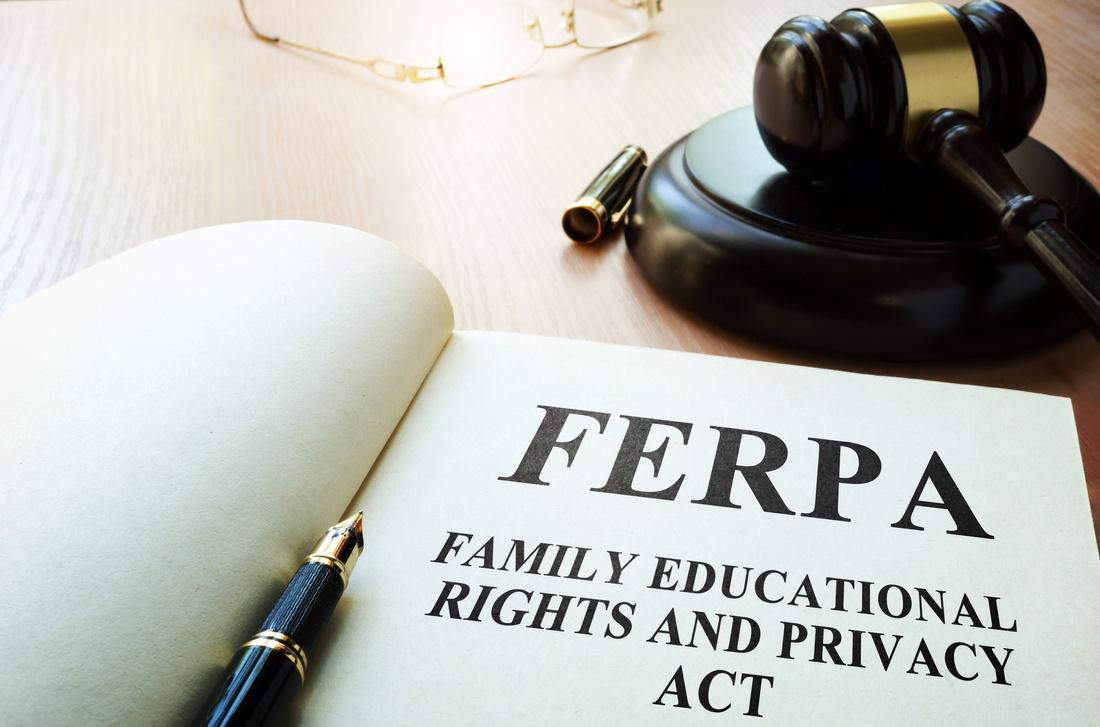
This act covers the rules that states and school districts must follow when administering tools like surveys, analysis, and evaluations, funded by the US department of education to students. This act covers the political beliefs of the student and family, sex behavior, demeaning behavior, critical appraisals, religious practices , beliefs, and income.
To comply this amendment, education agencies shall notify parents that they have the rights to review materials used with any survey that includes the content under PPRA.
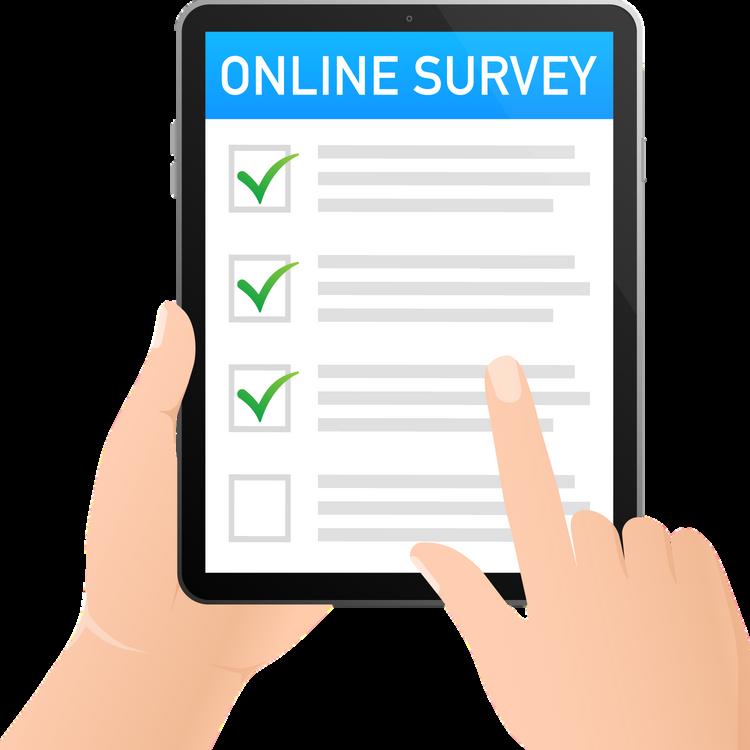
This act imposes requirements upon certain websites and online services that are directed towards children, or services that know they are collecting personal information online from a child under the age of 13. COPPA also prohibits these services from targeting children with personalized ads based on their information.
To properly comply with COPPA, privacy policies must be posted, and parents must be informed before collecting personal information from their child.
In 2019, the streaming service TikTok agreed to a $57 million settlement for violating COPPA. This was the record largest fine to this day in the laws 20+ years of history
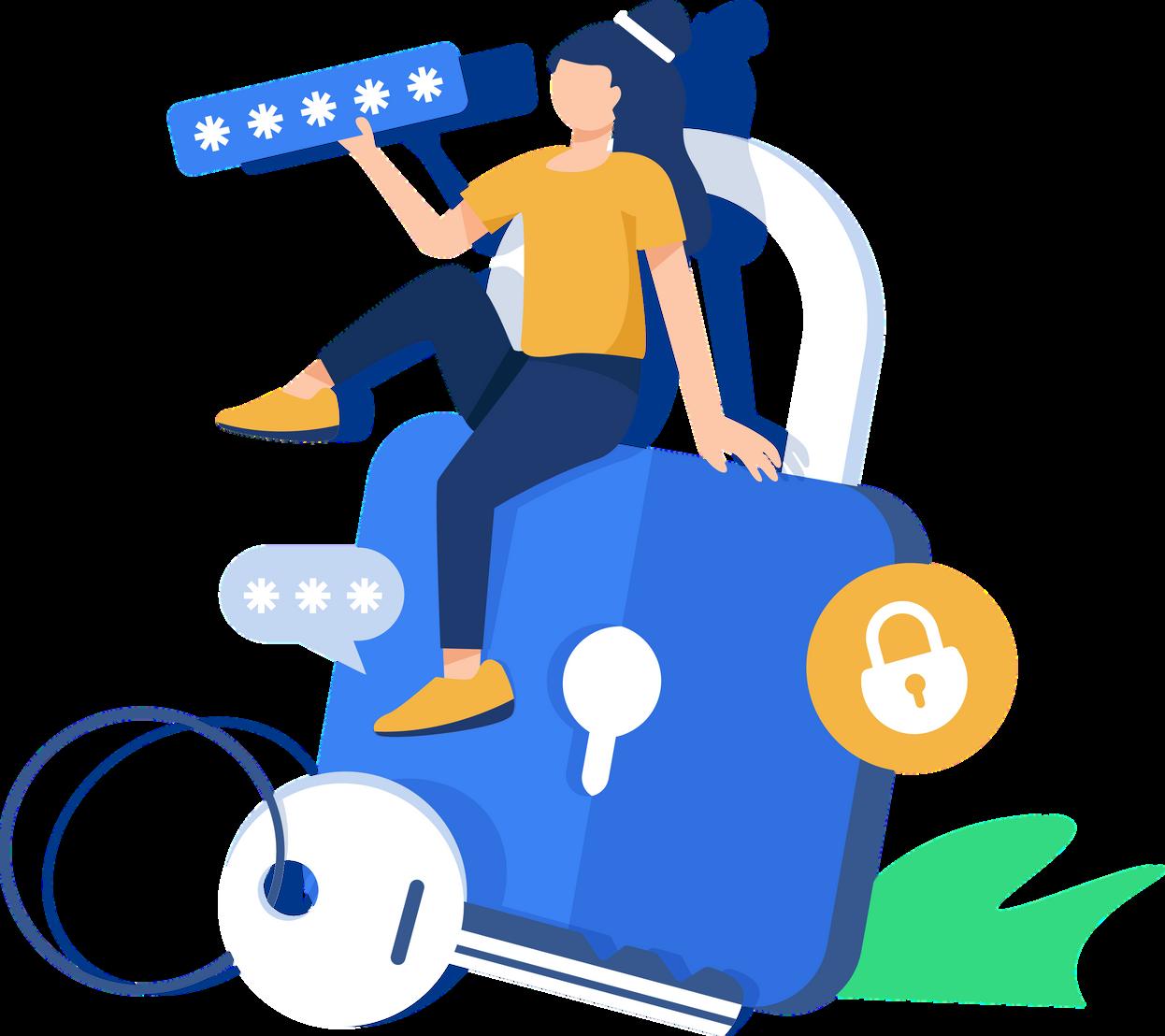
CIPA is an act that addresses concerns about children's access to explicit and or harmful content. Under this act, there are limitations and requirements on school libraries and websites. Schools must comply with CIPA to prevent children’s exposure to obscene content like pornography, hate speech, violence, drug use, inappropriate language, cyberbullying, and more. Schools and libraries that receive federal funding must develop and enforce safety policies that comply with the CIPA guidelines. One internet safety practice that schools must implement is internet filtering Filtering softwares work to block access to sites that present obscene content. CIPA is related to book banning in that they both involve regulating content that is put out to students... but they do differ in underlying motivations.
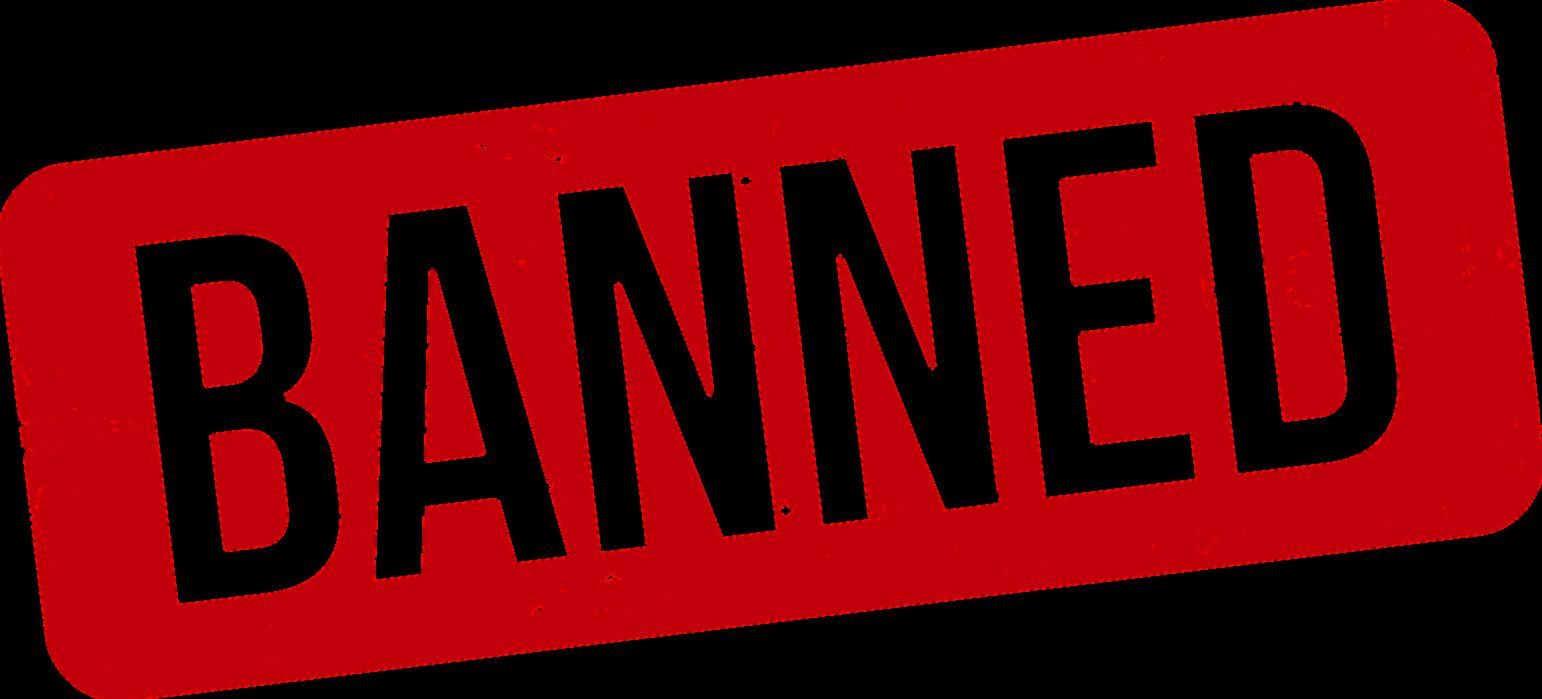
When a book is challenged, a person, group, or institution tries to restrict or remove access to a book. This comes from concerns that stem from the content within the book. Common reasons for book banning include challenges to social norms, sexually explicit content, offensive language, religious or political views, sensitive topics, violence, etc. When a book is to be officially banned, government officials or other organizations remove books from libraries, schools, bookstores or online, meaning the book is no longer available for use People are no longer able to read, view, listen, or have any form of access to these books. As a future teacher, some aspects of book banning is extremely frustrating. It is a teachers to promote an inclusive environment for our students. Educators ought to do everything that possible to celebrate diversities inside of the classroom, and make sure students feel seen. The removal of certain books makes it difficult build an inclusive environment. Although book bannings don't align with the goals that I hold future teacher, it doesn't affect the way I will celebrate diversities inside my future classroom I will find and create other ways to ensure my students feel comfortable in school, no matter what it takes.
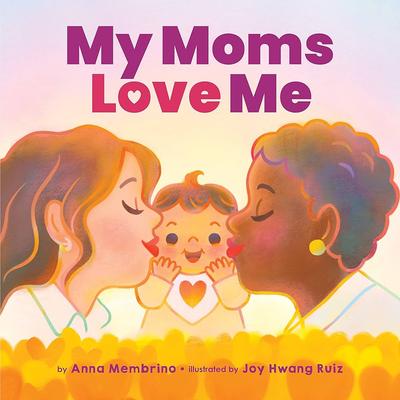
Banned for content inappropriate for age.
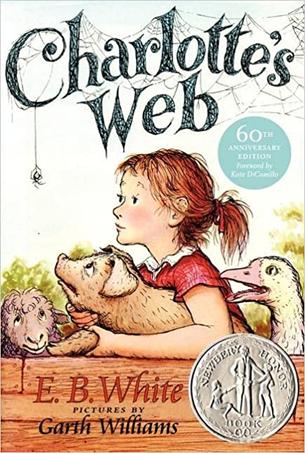
Banned for unsuitable topics for children to read about, like animals communicating and acting like humans.

Banned because of its inclusion of LGBTQIA+ content.
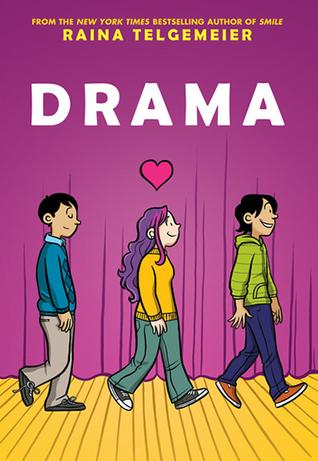
Banned for its LGBTQIA+ content and for concerns that it goes against family values.
The student data privacy laws including FERPA, CIPA, COPPA, and PPRA all function in their own unique way and serve to protect student privacy, and safety in different ways. COPPA and CIPA both work in similar ways in that they protect children from accessing harmful material online. A significant difference between these two acts is that CIPA works directly with school libraries to ensure internet filtering is implemented. COPPA does not directly apply to schools, as it applies directly to the operators of websites and online services. FERPA and PPRA are both federal laws that serve to protect students privacy in educational settings. FERPA is aimed towards protecting the privacy of students data and records, whereas PPRA protects students data that may be collected from surveys and evaluations. All of these laws intertwine and build upon one another to ensure students and families personal information remains confidential, and students are not exposed to unethical and explicit content.
How does this impact a future teacher?
How does this impact a future teacher?
It is essential to know the ethical responsibilities that stand when becoming a teacher. It is an educators job to safeguard each student and make sure their personal information remains private. Not complying with student data privacy laws will result in serious legal issues and consequences for not only the classroom teacher but the educational institute as a whole. Technology is growing everyday and has integrated itself into becoming a large portion of our everyday lives. As digital resources in schools continue to rise, the importance of online protection rises as well. Understanding the laws at hand will serve to help teachers select digital resources that comply with the regulations that stand today.
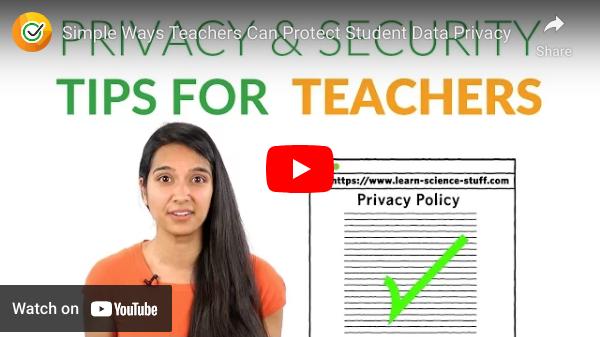
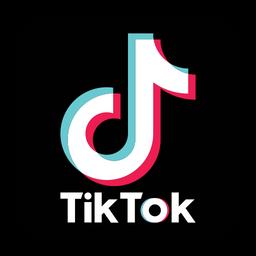
TikTok is a streaming service that has been banned in many schools due to safety and cybersecurity concerns. It breaches data and privacy laws.
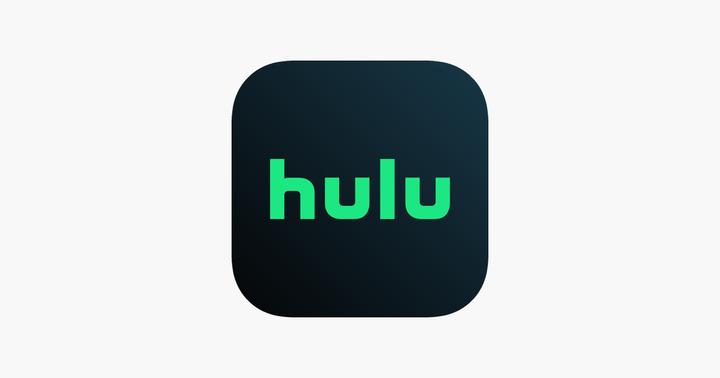
Hulu The terms of Hulu say they share users' information with third parties and use personal information to display targeted advertisements and send third-party

Twitter is not a useable platform inside the classroom because it has violated student data privacy laws by using account security data to sell targeted ads.

Instagram violated COPPA because they collecting childrens data without parental consent.
https://studentprivacycompass.org/the-importance-of-students-privacy/
https://www2.ed.gov/policy/gen/guid/fpco/ferpa/index.html
https://studentprivacy.ed.gov/faq/what-protection-pupil-rightsamendment-ppra
https://www adl org/resources/tools-and-strategies/book-bans-and-their-impactyoung-people-and-society? psafe param=1&gad source=1&gclsrc=aw ds&gad source=1&gclid=CjwKCAjww iwBh ApEiwAuG6ccHngUmeGJdK7qMM9Fz5Ks50syAZFAPG7CCoxasnIkv5jR 8zpRE 8BoC g5AQAvD BwE&gclsrc=aw ds
https://dftcommunications.com/internet-and-wi-fi/block-websites/
https://privacy.commonsense.org/evaluation/Hulu